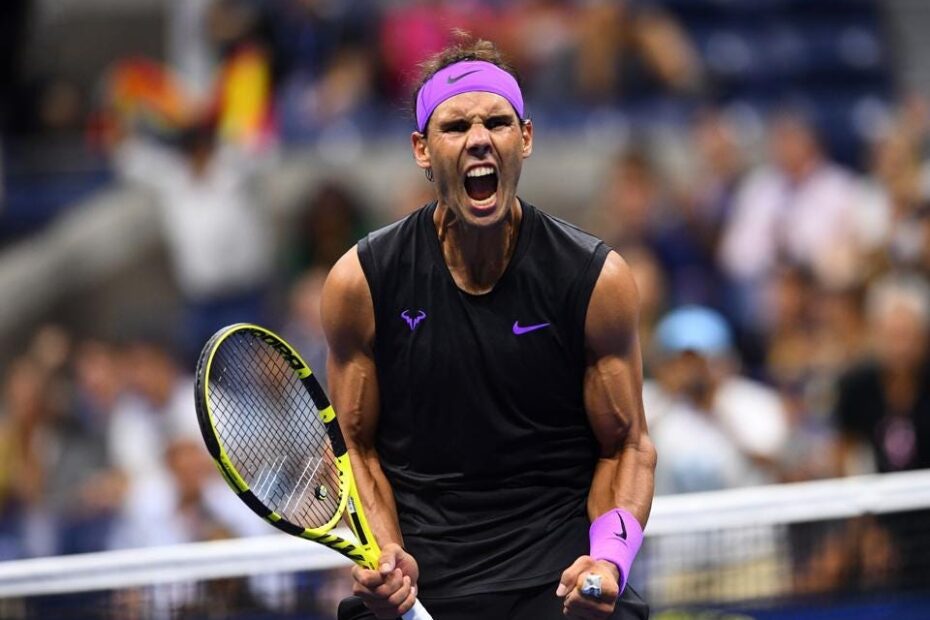In a significant move for both Tennis and Saudi Arabia’s sporting landscape, Rafael Nadal, the 22-time Grand Slam champion, has been appointed as an ambassador for the Saudi Tennis Federation (STF). The announcement has drawn attention from players and pundits alike, sparking discussions about the implications of Nadal’s role in the context of Saudi Arabia’s broader sporting ambitions.
At 37 years old, Nadal is currently recuperating from a muscle tear near his surgically repaired hip, causing him to miss the Australian Open and much of the 2023 season. His appointment as ambassador, announced on Monday, entails actively promoting tennis within Saudi Arabia, alongside plans for establishing a Rafa Nadal Academy in the country.
This announcement signifies Saudi Arabia’s increasing involvement in the tennis world, evidenced by hosting the Next Gen ATP Finals for top players aged 21 and under in Jeddah until 2027. Additionally, discussions are underway to potentially host the women’s season-ending WTA Finals in the kingdom.
Carlos Alcaraz, the Wimbledon champion and emerging talent in the tennis world, has stepped forward to defend Nadal’s decision, emphasizing the potential positive impact on the sport’s global expansion. Alcaraz, currently in Buenos Aires, Argentina, hailed Nadal as the ideal figure to help develop tennis in the Middle Eastern country, highlighting Nadal’s stature and influence in the sport.
Alcaraz addressed criticisms aimed at Nadal, particularly concerns regarding sportswashing, a term used to describe the use of sports to divert attention from human rights violations. While acknowledging these concerns, Alcaraz pointed to the opportunity Nadal’s ambassadorship presents in introducing tennis to regions where it has historically been less accessible.
The collaborative efforts between Nadal and Alcaraz reflect a broader trend of tennis expanding into new territories. While Alcaraz’s support for Nadal’s decision is influenced by their shared nationality and personal interests, it underscores the potential for sports diplomacy to foster positive change. However, it remains imperative to address human rights issues transparently and ensure that sporting engagements do not overshadow pressing social concerns.






